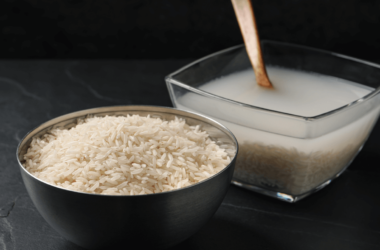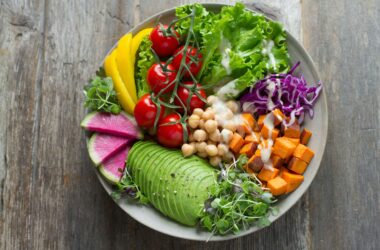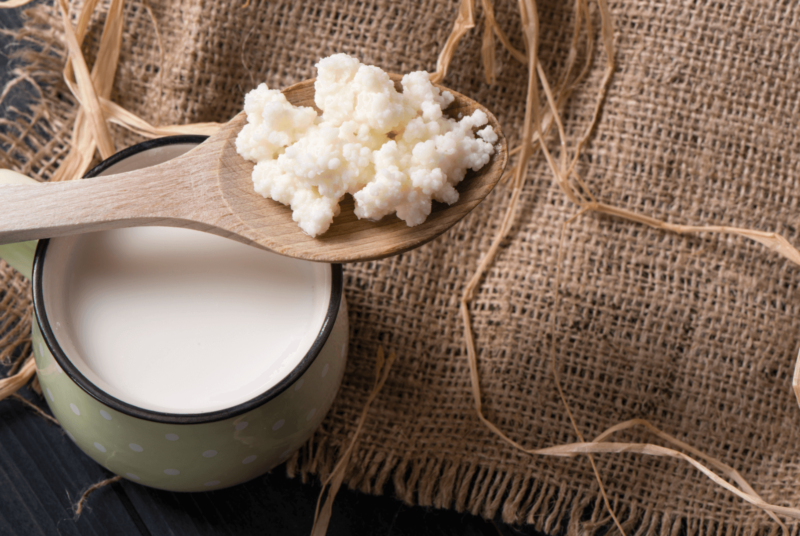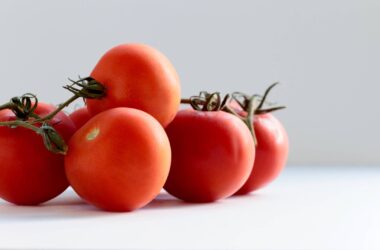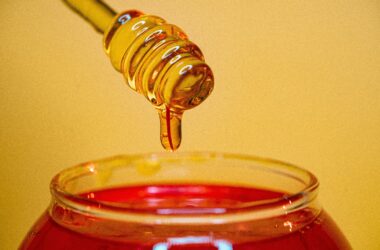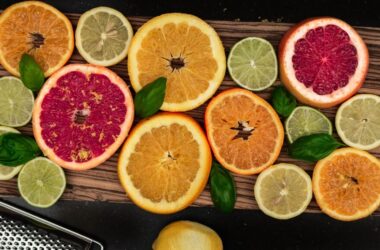In our eternal quest for anti-aging, science has led us to explore the remarkable benefits of kefir—a centuries-old fermented beverage with roots tracing back to the Caucasus Mountains.
Imagine a creamy, tangy concoction that not only delights your taste buds but also nurtures your skin from the inside out. Kefir is more than a probiotic-rich beverage, it’s a powerhouse of elements that science suggests can defy the signs of aging. From probiotics to peptides, vitamins to minerals, it has a bunch of nutrients that work like a team to keep your skin feeling and looking great.
So, get ready for an adventure as we explore the science behind kefir and how it might be the perfect sidekick in your journey to have timeless, glowing skin. Prepare to learn as we figure out how a simple glass of kefir could be the secret you’ve been searching for to keep your skin looking young and fresh.
Understanding Kefir
Origin and Preparation
Kefir[1] is a traditional beverage with a rich history, originating from the Caucasus Mountains.The word “kefir” is from Turkish or Russian, showing how it’s been part of different cultures for ages.
Kefir is a fermented milk drink that is made by adding kefir grains to milk. These “kefir grains” are not traditional grains like wheat or rice; instead, they are small, gelatinous structures composed of a symbiotic mixture of bacteria and yeast. When added to milk, these grains initiate the fermentation process, transforming the milk into a tangy, effervescent beverage with a texture similar to thin yogurt.
The fermentation process of kefir involves the breakdown of lactose (milk sugar) by the microorganisms in the kefir grains, producing lactic acid, carbon dioxide, and a variety of other compounds. This not only gives kefir its distinct flavor but also results in a probiotic-rich beverage, as it contains a diverse community of beneficial bacteria and yeast. These probiotics are believed to confer various health benefits, particularly in terms of promoting gut health and potentially supporting the immune system. Moreover, kefir can be made from different types of milk, including cow’s milk, goat’s milk, or plant-based alternatives like coconut milk or almond milk.
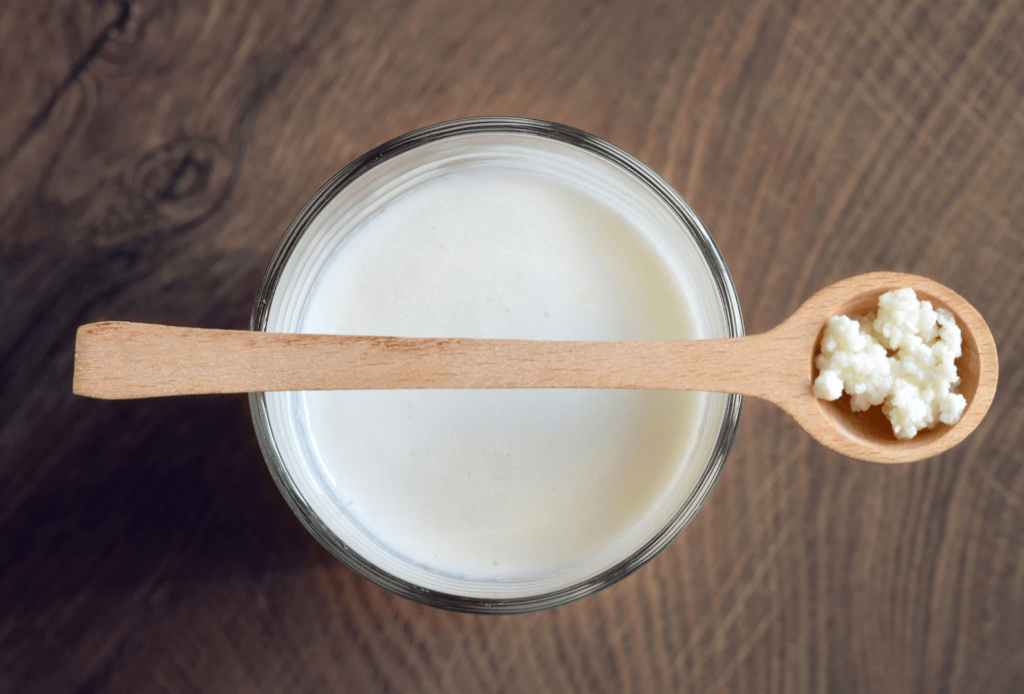
Composition
| Probiotics[2] | Microorganisms promoting a healthy digestive system, often linked to improved skin conditions |
| Peptides | Minute compounds vital for maintaining skin elasticity and minimizing the appearance of fine lines |
| Vitamins | – Vitamin C: A collagen catalyst contributing to skin firmness- Vitamin K: Aids in achieving a balanced complexion |
| Minerals | – Zinc: Fortifies the skin’s resilience against external factors – Calcium: Supports overall skin health |
Types of Kefir
Before we explore the types[3] of kefir, imagine a world of delicious possibilities. Therefore, from creamy milk kefir to refreshing water kefir, each type brings its own unique taste and goodness.
So get ready to discover the diverse flavors that make kefir a delightful adventure for your taste buds!
Milk Kefir
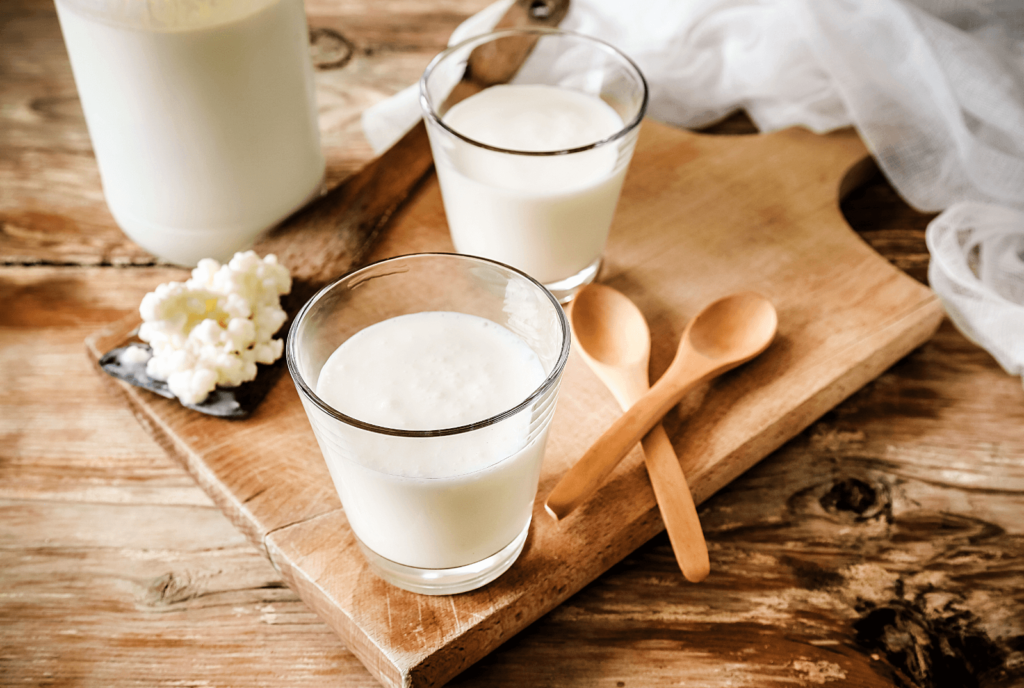
Description:
- Derived from cow, goat, or sheep milk, milk kefir is the most common type
- Has a creamy texture and a slightly tangy taste
Composition:
- Rich in probiotics, calcium, and essential amino acids
- Contains vitamins such as B2 (riboflavin), B12, and D
Flavor Variations:
- Regular Milk Kefir
- Flavored options: Fruit-infused or sweetened variations
Water Kefir
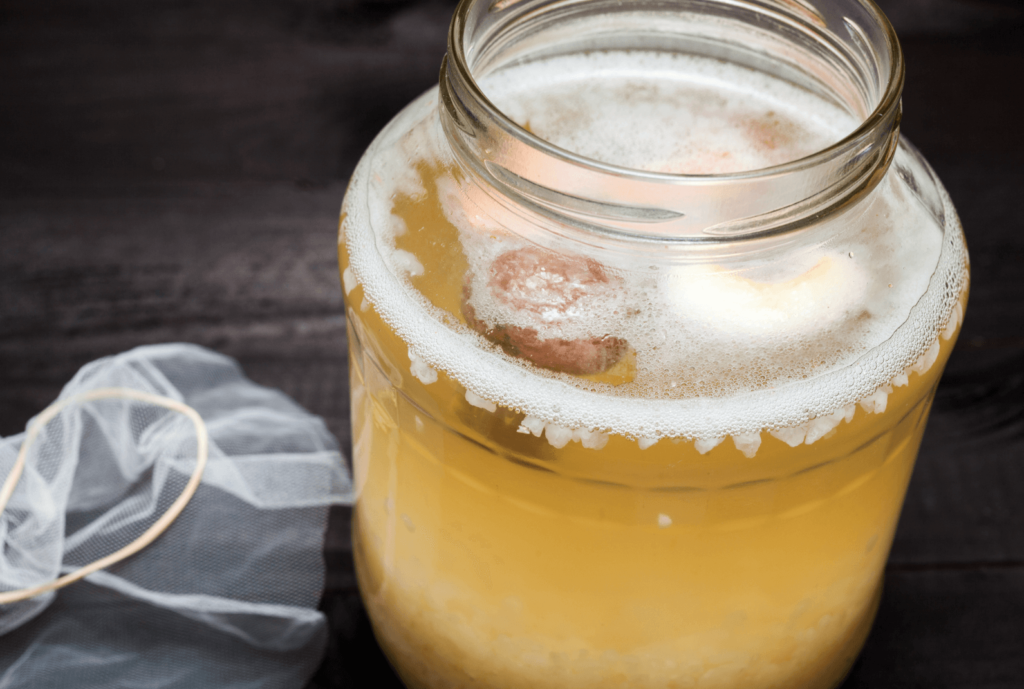
Description:
- Made from water, often coconut water or sugar water
- Has a milder taste compared to milk kefir
Composition:
- Contains a variety of beneficial bacteria strains
- Lower in calories compared to milk kefir
Flavor Variations:
- Fruit-Flavored Water Kefir
- Herbal Infusions: Adding flavors like mint or chamomile
Coconut Kefir
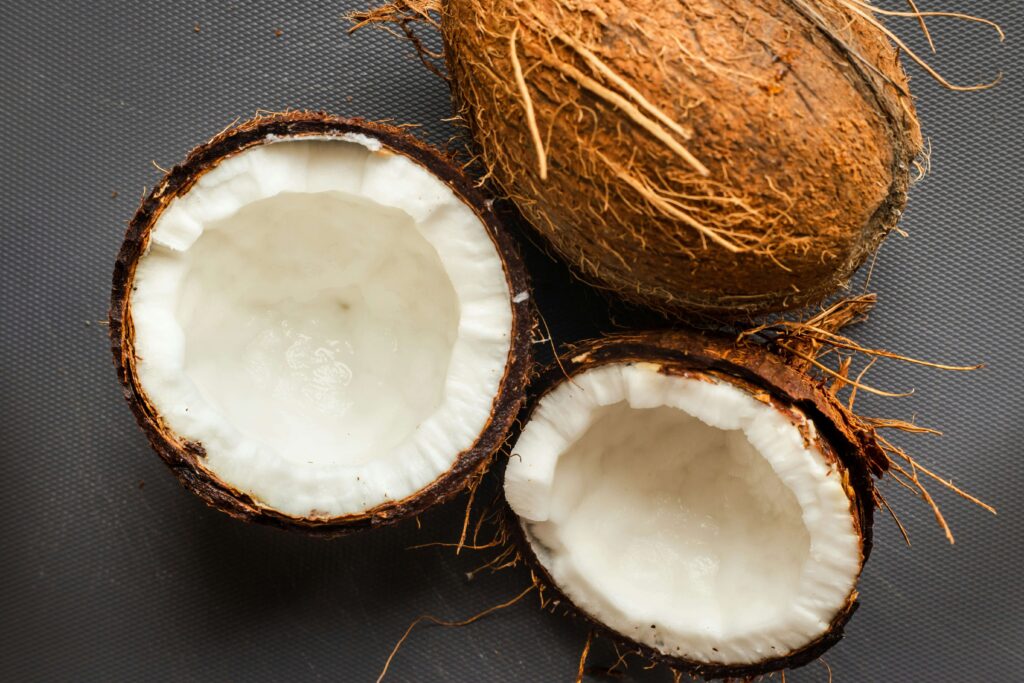
Description:
- Created by fermenting coconut water or coconut milk
- Offers a tropical twist to traditional kefir
Composition:
- Provides electrolytes and a source of healthy fats
- Suitable for individuals with lactose intolerance
Flavor Variations:
- Natural Coconut Flavor
- Blends with tropical fruits like pineapple or mango
Soy Kefir
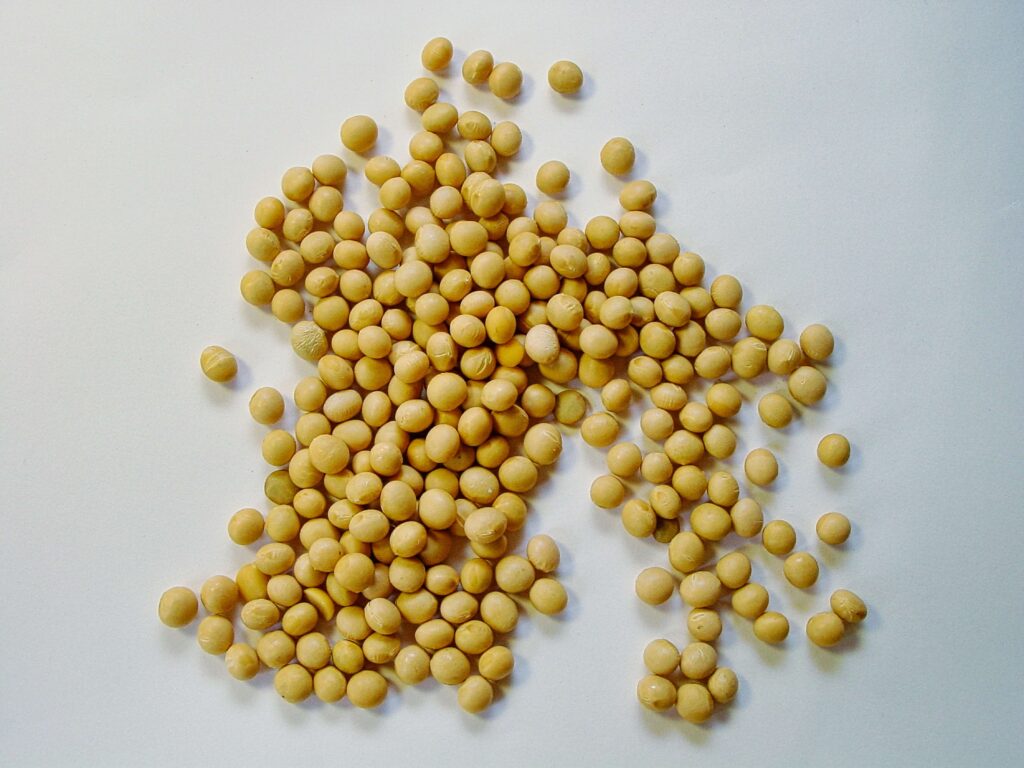
Description:
- Made from fermented soy milk
- Suitable for those with lactose intolerance or following a vegan diet
Composition:
- Rich in plant-based proteins and probiotics
- Contains essential amino acids and B-vitamins
Flavor Variations:
- Plain Soy Kefir
- Flavored options: Vanilla or berry-infused variations
Lactose-Free Kefir
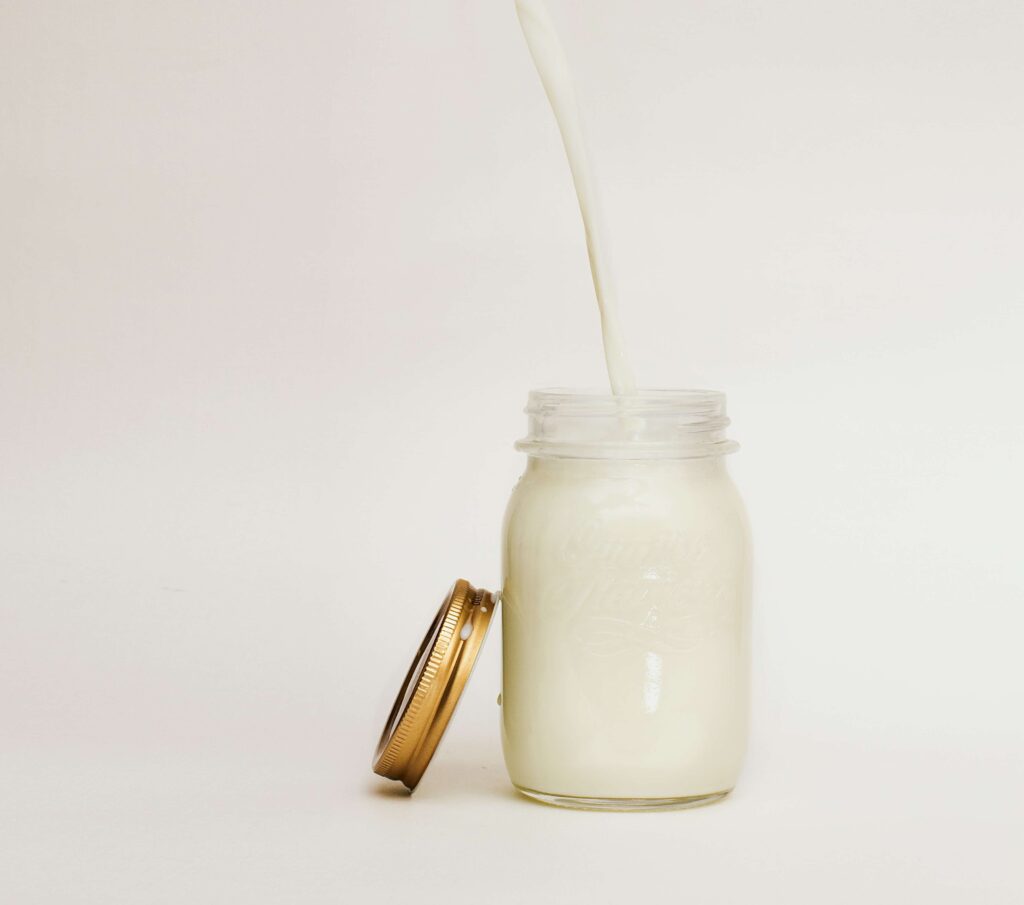
Description:
- Catering to individuals with lactose intolerance
- Usually made from lactose-free[4] milk or plant-based alternatives
Composition:
- Retains the probiotic benefits of traditional kefir
- Suitable for those with sensitivity to lactose
Flavor Variations:
- Similar to regular milk kefir varieties
Goat’s Milk Kefir
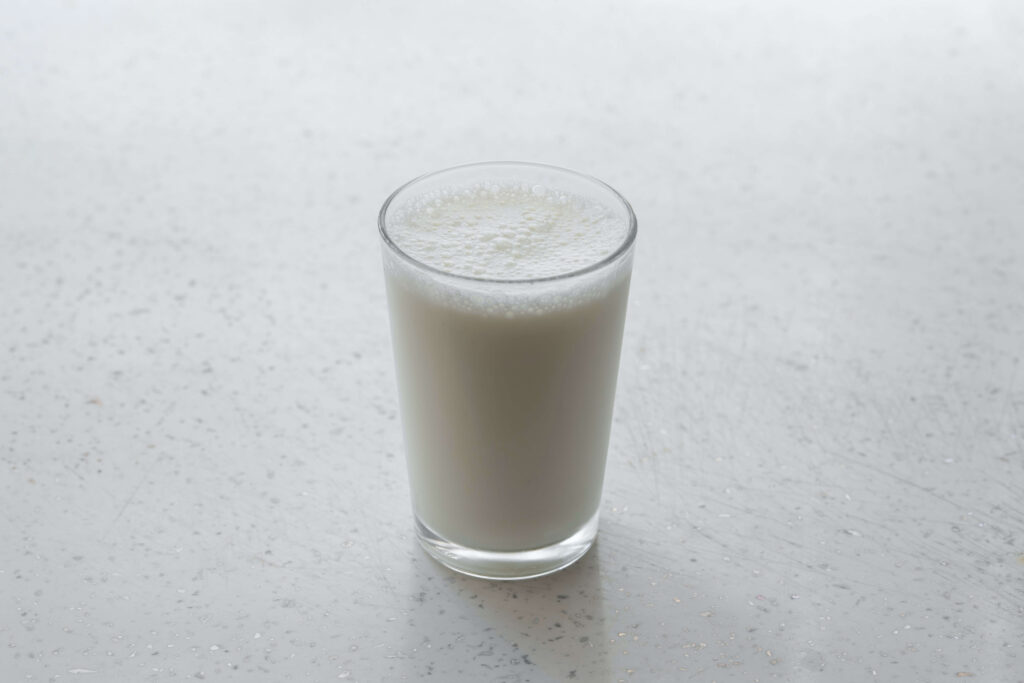
Description:
- Crafted from fermented goat’s milk
- Often chosen for its distinct taste and potential digestibility advantages
Composition:
- Contains probiotics, vitamins, and minerals similar to cow’s milk kefir
- May be easier to digest for some individuals
Flavor Variations:
- Natural Goat’s Milk Flavor
- Infusions with herbs or spices for added complexity
How Kefir Works for Anti-Aging

Ever wondered why kefir is hailed as a hero for your skin? So, let’s break it down in simple terms. Inside kefir, there’s a team of nutrients that work together to keep your skin[5] looking young.
Role of Probiotics
Gut-Skin Axis
- Probiotics[6] in kefir foster a healthy gut, influencing the “gut-skin axis”
- A balanced gut contributes to improved skin health and a reduction in inflammation
Impact on Skin Microbiome
- Probiotics support a diverse and resilient skin microbiome
- Therefore, a robust microbiome helps defend against harmful bacteria and promotes a radiant complexion
Peptides and Their Anti-Aging Properties
Collagen Synthesis
- Kefir contains peptides that aid in collagen[7] synthesis
- Moreover, collagen is essential for skin elasticity, reducing the appearance of wrinkles and fine lines
Elastin Support
- Peptides contribute to the maintenance of elastin, enhancing skin firmness
- Therefore, improved elastin levels promote a more youthful and resilient skin texture
Antioxidant and Nutrient Content
Vitamins
- Kefir is rich in vitamins, including C, E, and K, known for their antioxidant properties
- Antioxidants combat free radicals, minimizing oxidative stress and supporting overall skin health
Minerals
- Essential minerals like zinc contribute to cell regeneration and repair
- Therefore, minerals in kefir play a crucial role in maintaining skin vitality and resilience
DIY Kefir Anti-Aging Skincare Recipes
Creating your own anti-aging skincare with kefir is as easy as whipping up your favorite treat. So let’s dive into simple DIY recipes that turn kefir into your skin’s best friend.
Kefir Honey Mask
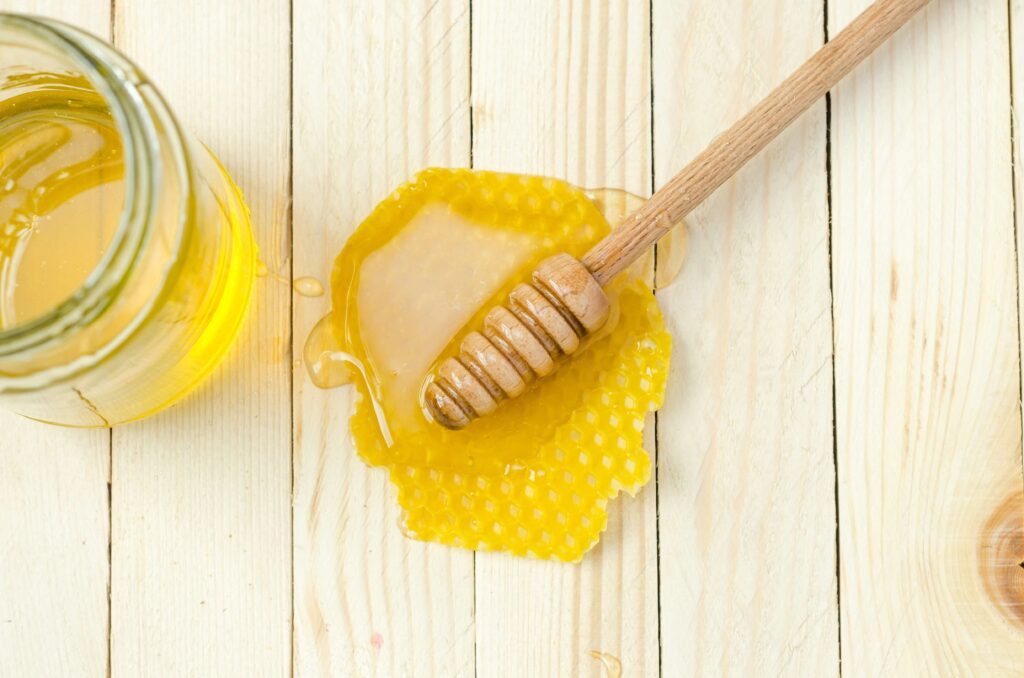
Ingredients:
- 2 tablespoons of kefir
- 1 tablespoon of raw honey
Instructions:
- Mix kefir and honey together until smooth.
- Apply the mixture to your face and neck.
- Leave it on for 15-20 minutes.
- Then rinse off with warm water.
Why It Works:
- Kefir brings probiotics to nourish your skin.
- Honey is a natural humectant, keeping your skin hydrated and glowing.
Kefir Berry Smoothie for Your Face
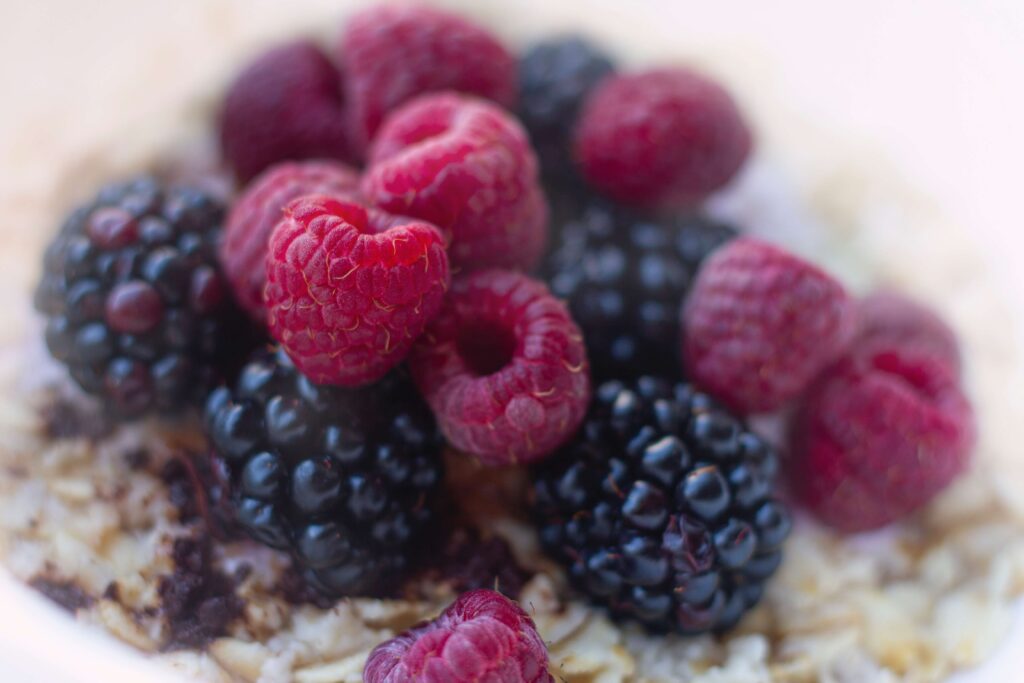
Ingredients:
- 2 tablespoons of kefir
- 1/4 cup of mashed berries (blueberries, strawberries, or raspberries)
Instructions:
- Mash the berries and mix them with kefir.
- Apply the mixture to your face.
- Leave it on for 15 minutes.
- Then gently rinse off with water.
Why It Works:
- Berries provide antioxidants for skin protection.
- Kefir’s probiotics support a healthy skin barrier.
Kefir and Oatmeal Anti-Aging Scrub
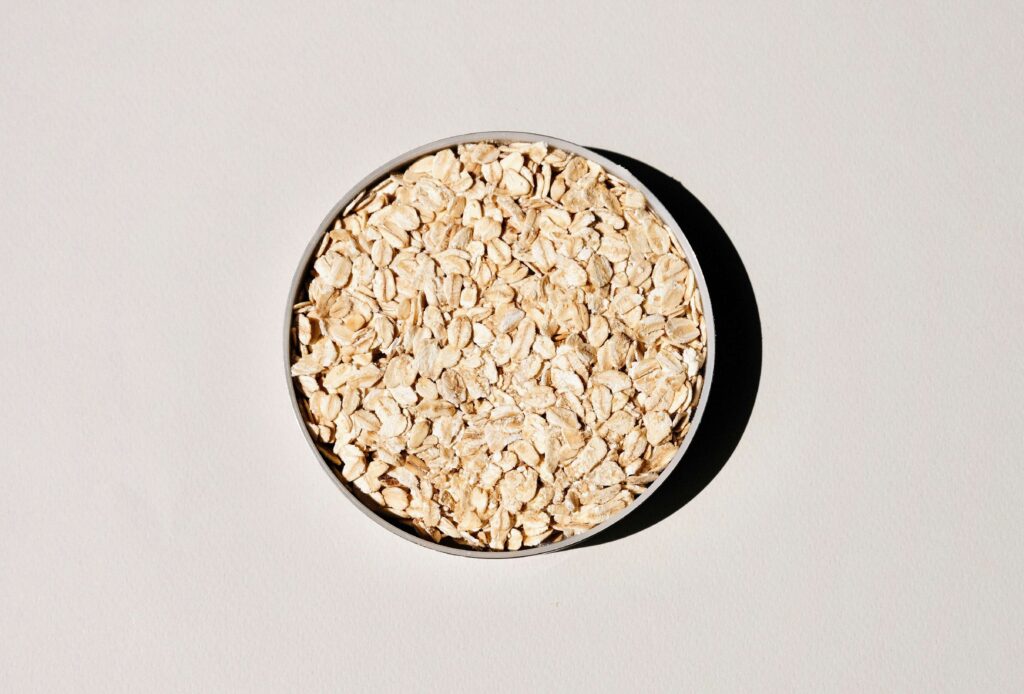
Ingredients:
- 2 tablespoons of kefir
- 1 tablespoon of ground oatmeal
Instructions:
- Mix kefir and ground oatmeal to form a paste.
- Gently massage onto your face in circular motions.
- Let it sit for 10 minutes.
- Then rinse off with lukewarm water.
Why It Works:
- Oatmeal exfoliates, revealing fresh skin.
- Kefir’s nutrients enhance skin renewal.
Cooling Cucumber and Kefir Anti-Aging Mask
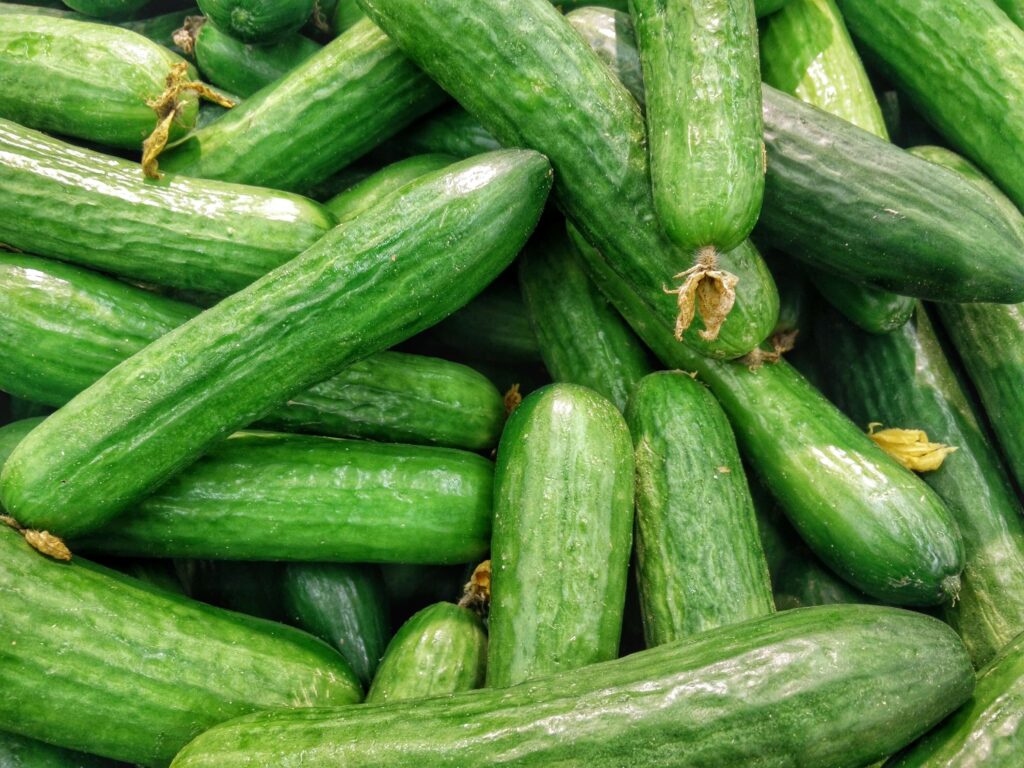
Ingredients:
- 2 tablespoons of kefir
- 2 slices of cucumber
Instructions:
- Blend cucumber until smooth.
- Mix the puree with kefir.
- Apply to your face and relax for 20 minutes.
- Lastly, rinse off with cool water.
Why It Works:
- Cucumber soothes and hydrates the skin.
- Kefir’s probiotics calm and rejuvenate.
Kefir and Coconut Oil Overnight Anti-Aging Mask
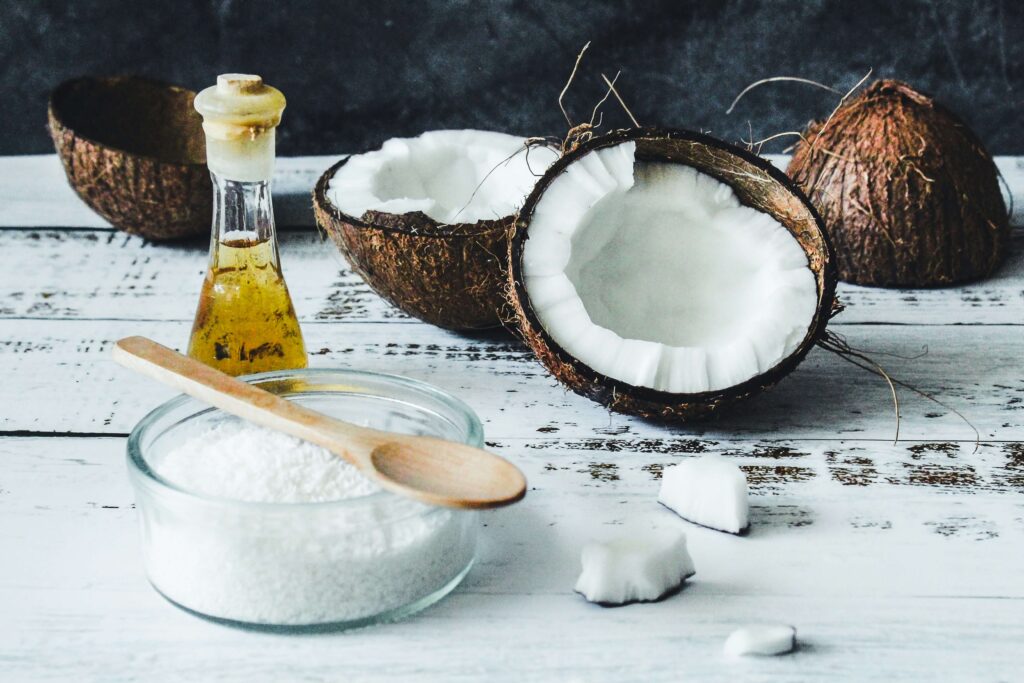
Ingredients:
- 2 tablespoons of kefir
- 1 teaspoon of coconut oil
Instructions:
- Blend kefir with coconut oil until well combined.
- Apply the mixture before bedtime.
- Leave it on overnight and rinse off in the morning.
Why It Works:
- Coconut oil hydrates and rejuvenates the skin.
- Kefir’s nutrients contribute to a rested and revitalized complexion.
Incorporating Kefir into Your Anti-Aging Skincare Routine
How Much Kefir Should You Consume for Anti-Aging?
Daily Consistency
- Incorporate a small glass (about 1 cup) of kefir into your daily routine.
- Hence, consistency is key for long-term skin benefits.
Listen to Your Body
- Pay attention to how your skin responds.
- Then adjust the quantity based on your individual preferences and skin’s needs.
Potential Allergies or Sensitivities from Kefir
Lactose Intolerance
- If lactose intolerant, opt for lactose-free kefir or non-dairy alternatives.
- For that reason, monitor for any signs of discomfort.
Allergies
- Be aware of potential allergies to ingredients in flavored kefir.
- Additionally, consider homemade kefir for full control over ingredients.
Skin Sensitivity
- Test kefir-infused skincare products on a small patch of skin.
- If redness or irritation occurs, adjust or discontinue use.
Conclusion
And there you have it, our journey through the world of kefir and its magic for keeping your skin smiling. Hence kefir is not just a drink; it’s like a friend that makes your skin feel good inside and out.
Remember, you can pick the kefir that fits you best—creamy milk, bubbly water, or the tropical vibes of coconut. Therefore, sipping about a cup a day keeps the goodness flowing for your skin.
But, hey, always listen to what your body tells you. If your skin loves it, awesome! If there’s any discomfort, no worries, just adjust a bit.
And before we say goodbye, a quick shout-out to DIY anti-aging kefir skincare—because why not make your skincare routine as fun as it is good for your skin?
Hence, here’s to happy sipping, happy skin, and the simple joy of feeling good every day. May your skin keep on shining, and may kefir be your forever sidekick in the quest for happy, timeless skin! Cheers!
Frequently Asked Questions
What type of kefir is best for my skin?
Choose based on preference and needs. Firstly, milk kefir is creamy, water kefir is light, and coconut kefir is dairy-free.
How much kefir should I consume for skin benefits?
About a cup a day is a good start for consistent skin nourishment.
Can I make my own kefir skincare at home?
Absolutely! DIY masks with ingredients like honey, berries, or avocado are simple and effective.
Are there different types of kefir?
Yes, for instance milk, water, coconut, and soy kefir, each with unique flavors and benefits.
What if I’m lactose intolerant?
So opt for lactose-free or non-dairy kefir options to avoid discomfort.
Can kefir cause allergies or skin reactions?
Watch for any redness or irritation. in fact, homemade kefir allows better control over ingredients.
How does kefir contribute to anti-aging?
Probiotics support gut-skin health, peptides stimulate collagen, and vitamins/minerals provide antioxidant support for radiant skin.







